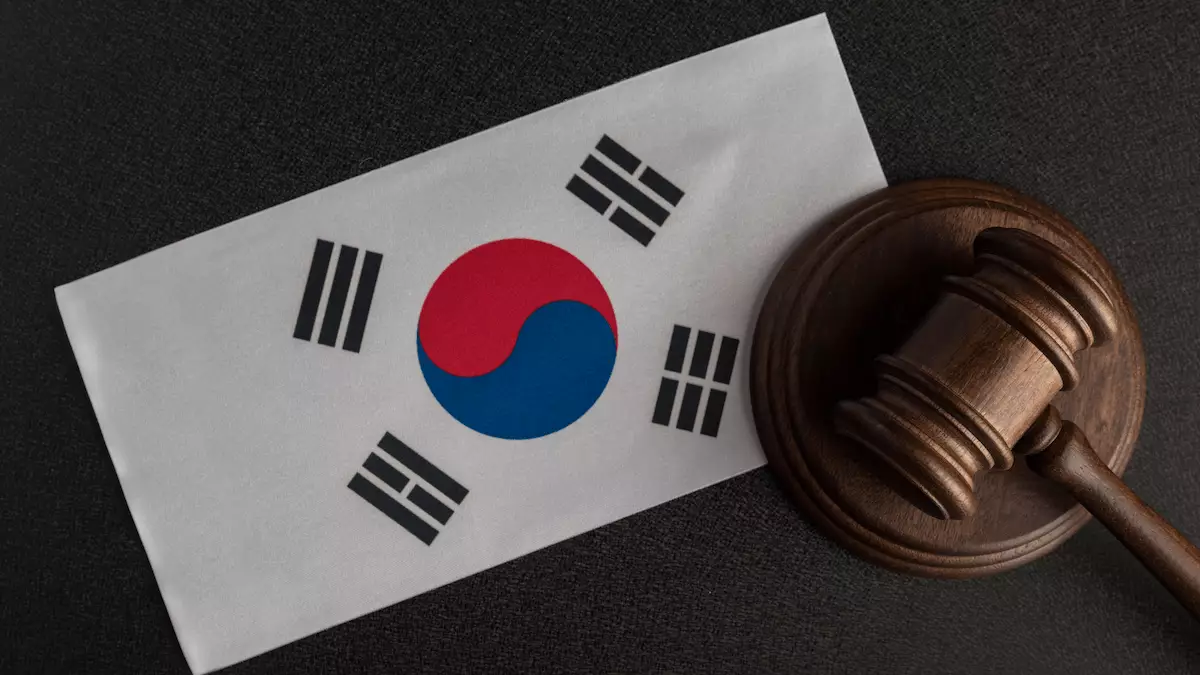The Financial Services Commission (FSC) of South Korea has recently introduced a series of regulations targeting digital asset investments. These regulations, set to be implemented by July 2024, aim to create a more secure and regulated digital asset marketplace in the country. While the new laws require investors to earn interest on digital assets deposited into exchanges, they do not include NFTs and central bank digital currencies (CBDCs). However, under certain conditions, NFTs could be classified as virtual assets eligible for interest if used as a payment method and issued in large quantities.
One of the key aspects of the new regulations is the requirement for virtual asset operators to enhance security measures. Exchanges must separate user funds from their own assets and entrust them to a bank. Additionally, at least 80% of coins should be stored in cold wallets, which are offline storage devices with no internet connectivity. These measures aim to improve the security of users’ assets and reduce the risk of hacking and theft.
The FSC’s notice also addresses the need for contingency plans in the event of security breaches. Virtual asset service providers are now required to have insurance or reserve funds to compensate users in case of losses. These measures provide an added layer of protection and ensure that users’ investments are safeguarded even in the event of unexpected circumstances.
To further protect investors, the new regulations limit the suspension of deposits or withdrawals. Such actions can now only be taken under extreme necessity or legal directives. This prevents exchanges from arbitrarily freezing user accounts and ensures that investors maintain control over their assets.
As part of the broader effort to regulate the cryptocurrency space, South Korean financial regulators have been urging the public to report unlicensed crypto exchanges. This campaign, led by the Digital Asset Exchange Association and the Financial Intelligence Unit, demonstrates South Korea’s commitment to creating a secure and transparent digital asset marketplace. By cracking down on unlicensed exchanges, the authorities aim to protect investors from fraud and scams.
With the advent of blockchain technology, the concept of “digital assets” has evolved. It now encompasses various investable forms such as cryptocurrencies, NFTs, and tokenized assets, including real estate. Previously, the term primarily referred to digital media files. However, with the widespread adoption of distributed ledger technology, digital assets have become more diverse and open up new investment opportunities.
The future of digital asset regulation in South Korea looks promising with the introduction of new regulations aimed at enhancing security and investor protection. The implementation of improved security measures, contingency plans, and limits on suspending deposits or withdrawals will create a more secure and transparent marketplace. Additionally, the inclusion of NFTs as virtual assets under certain conditions demonstrates the government’s adaptability to new technologies and investment trends. As South Korea continues to actively regulate the cryptocurrency space, investors can feel more confident and secure in their digital asset investments.

